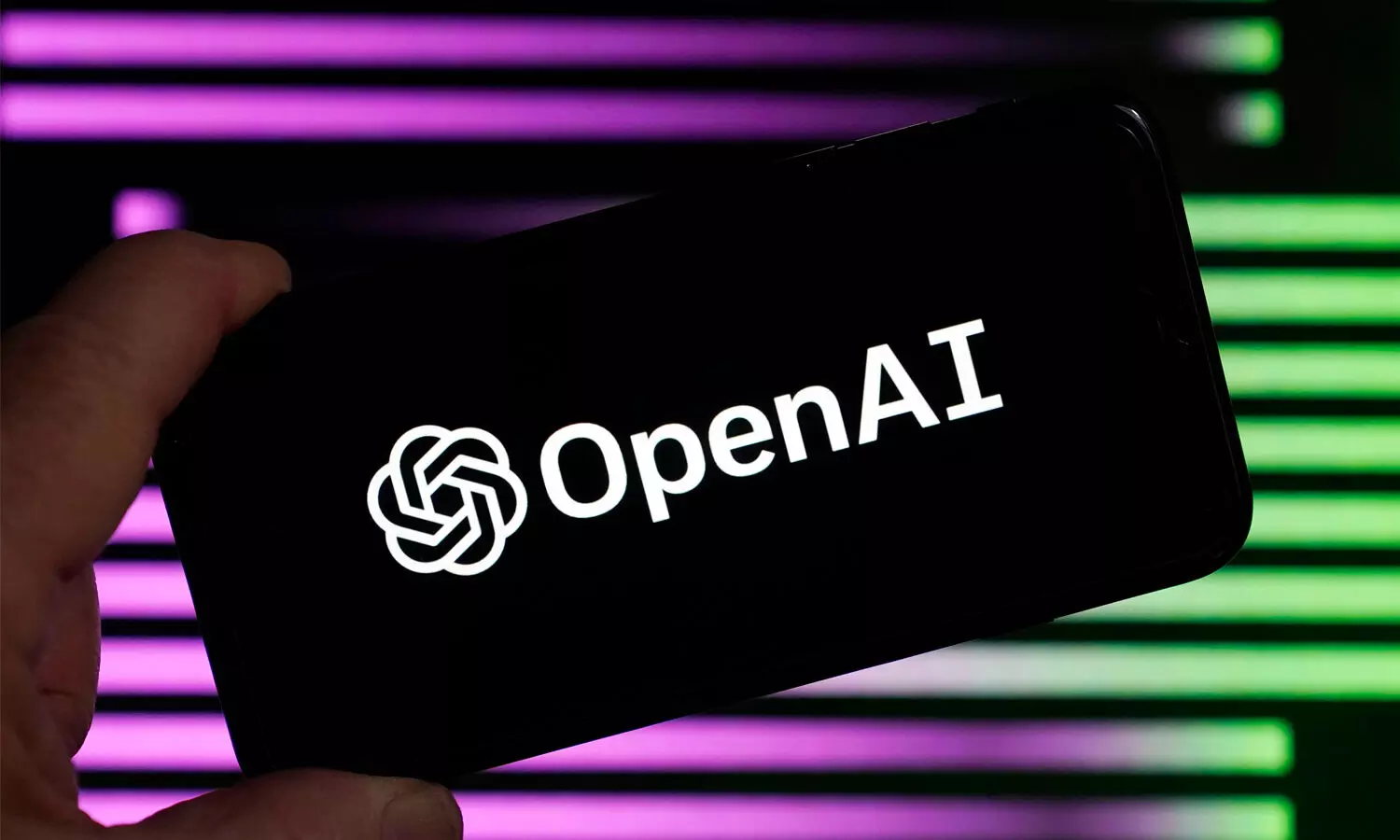Want AI Videos Fast? Sora App Now Available on Android
OpenAI’s Sora app launches for Android. Transform text and images into AI videos, add Cameos, remix, and post instantly on social media.
image for illustrative purpose

OpenAI has enhanced the accessibility to its AI-powered video-making application Sora by rolling it out for Android users. Earlier, it was exclusively available for iPhone users only, but now the app will be listed on the Google Play Store for users in the U.S., Canada, Japan, South Korea, Taiwan, Thailand, and Vietnam. The company has not yet given any information about the launch of the app in India.
Sora was introduced alongside OpenAI's Sora 2 model in September and almost instantly became popular. The app was downloaded more than 1 million times in less than five days and it was on the top of the App Store charts for nearly three weeks. It is still one of the five most popular apps on the Apple App Store, right after ChatGPT and Gemini.
Besides the AI-created soundtracks, the app also allows users to make short videos of 60 seconds max., either from text or images. The users of Android will have the same features as the iOS users, including the option of using 'Cameos'. With this option, people can make AI-driven videos of themselves or their friends doing different things.
There are also features in Sora like video remixing, adding creative styles, and sharing to other social media directly. Free users are given access to basic video generation, whereas ChatGPT Plus subscribers enjoy longer videos and quicker processing times.
Along with the app’s growth, concerns regarding copyright protection and the potential risk of deepfake technology abuse have also been raised. OpenAI had to stop the generation of videos depicting Martin Luther King Jr. after it produced inappropriate content with the likeness of the civil rights leader.
Sean, the spokesperson for OpenAI, stated that the firm had initially adopted a pretty liberal stance allowing the use of copyrighted material unless the rights holders requested removal. After getting criticized for this approach, the company changed its policy and it now requires the explicit opt-in of users for copyrighted content.

